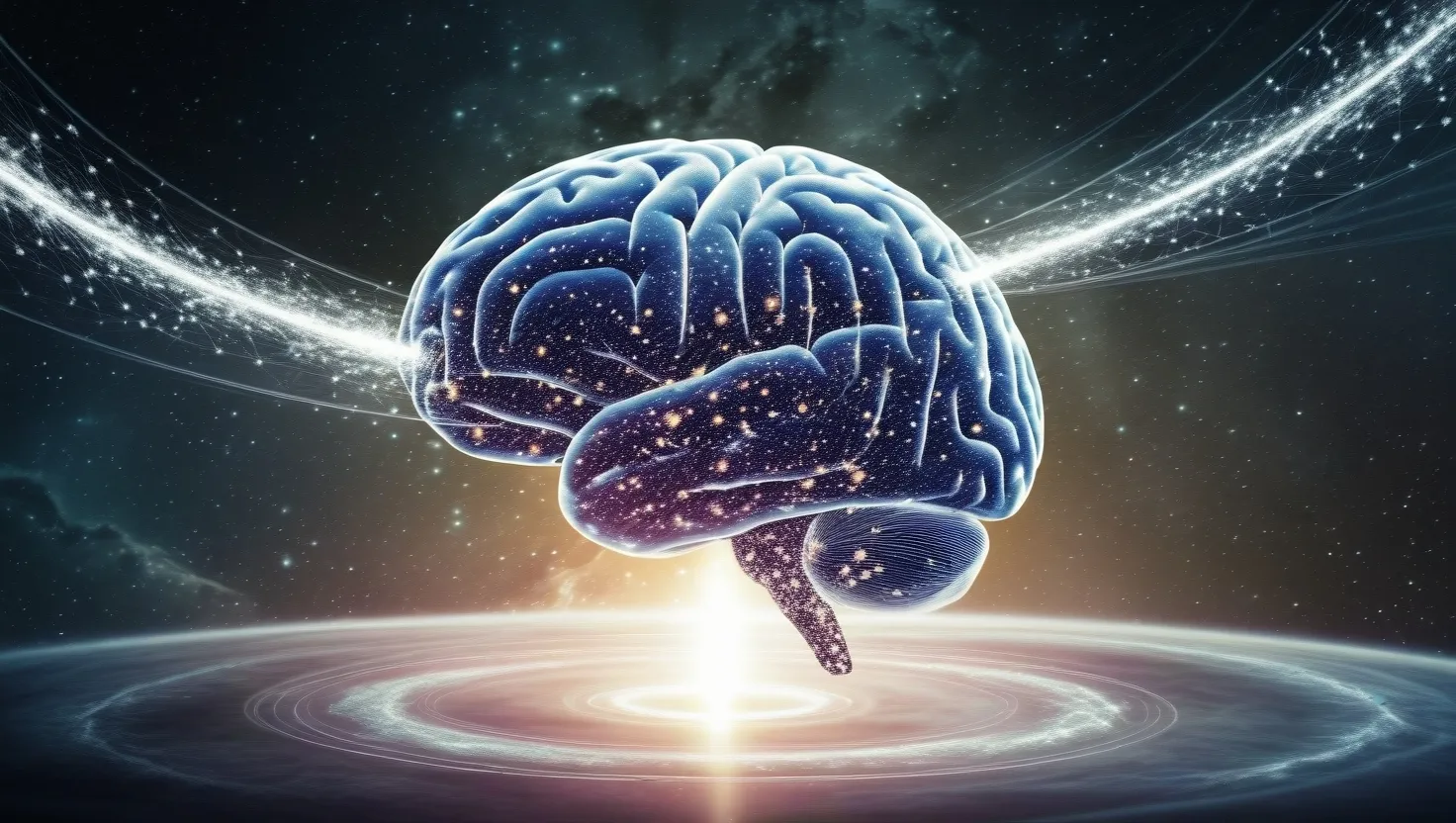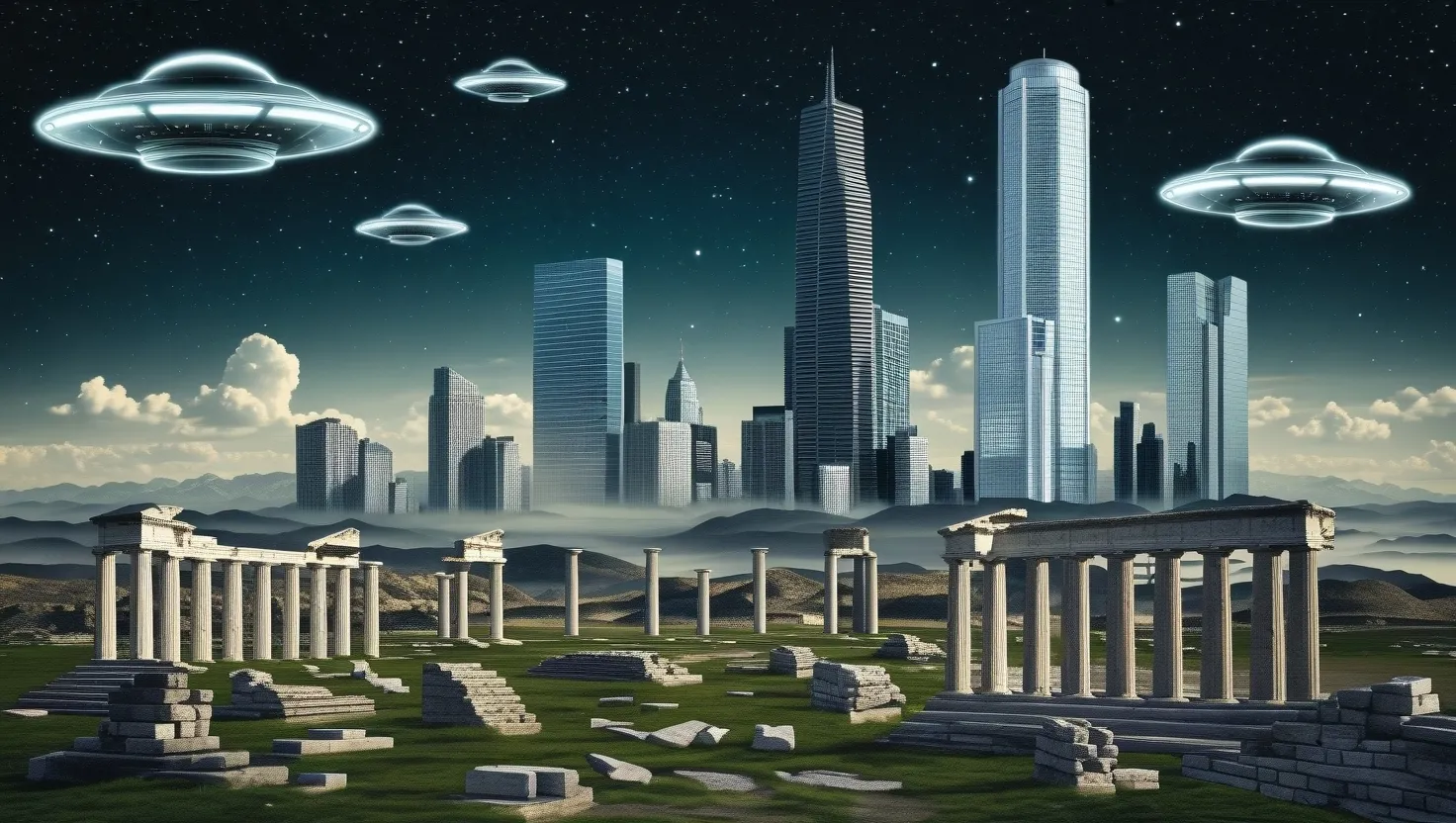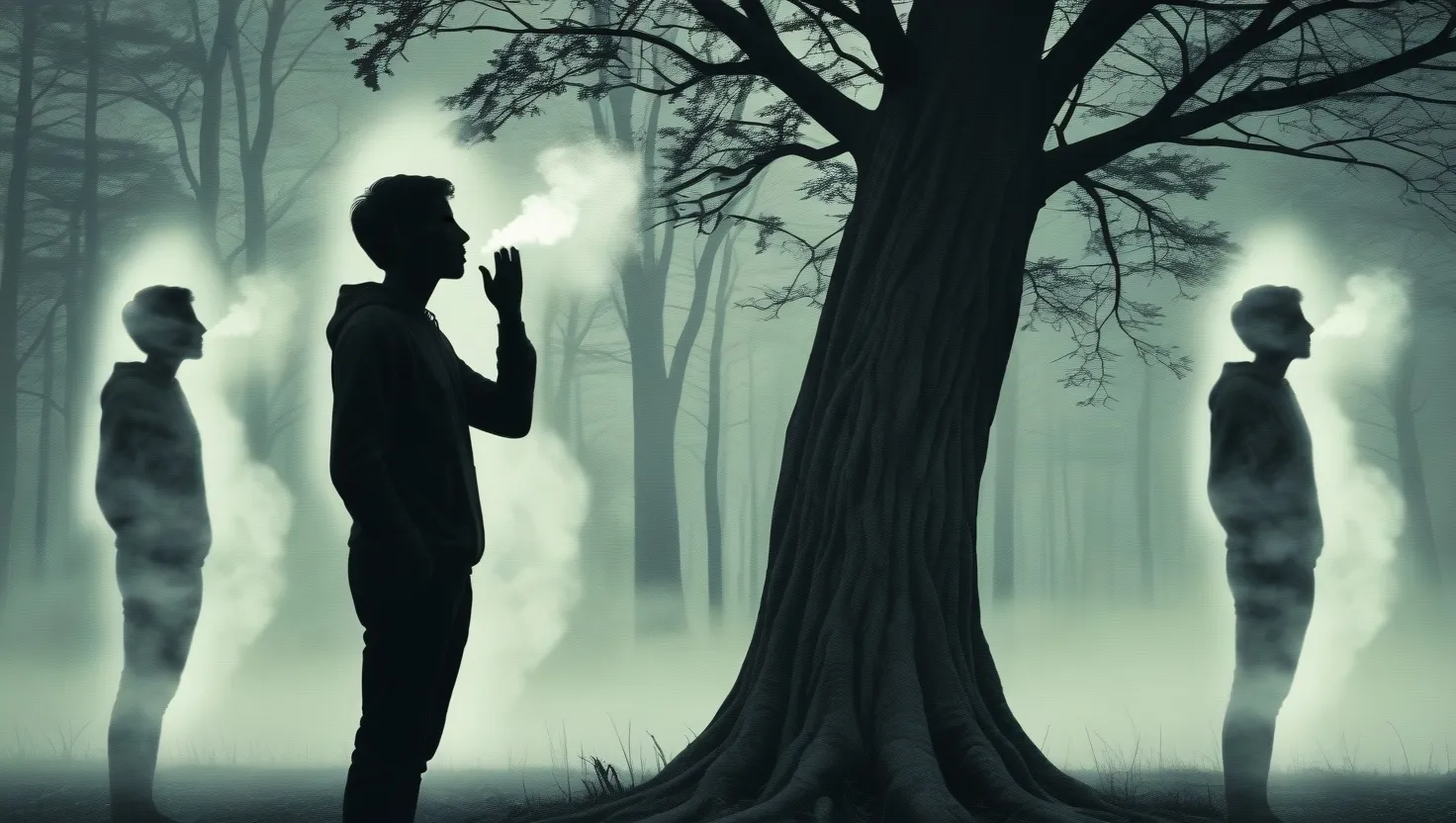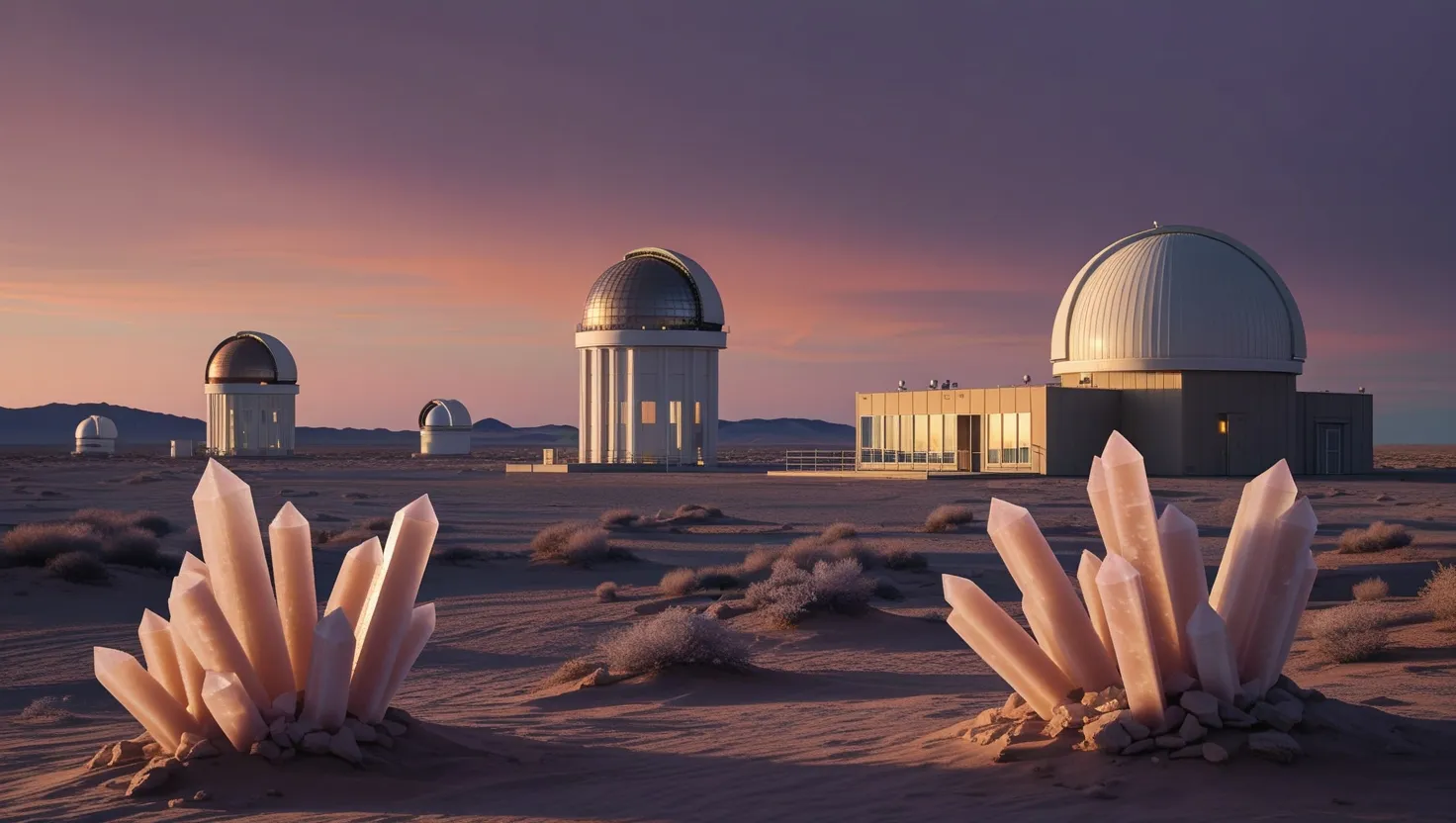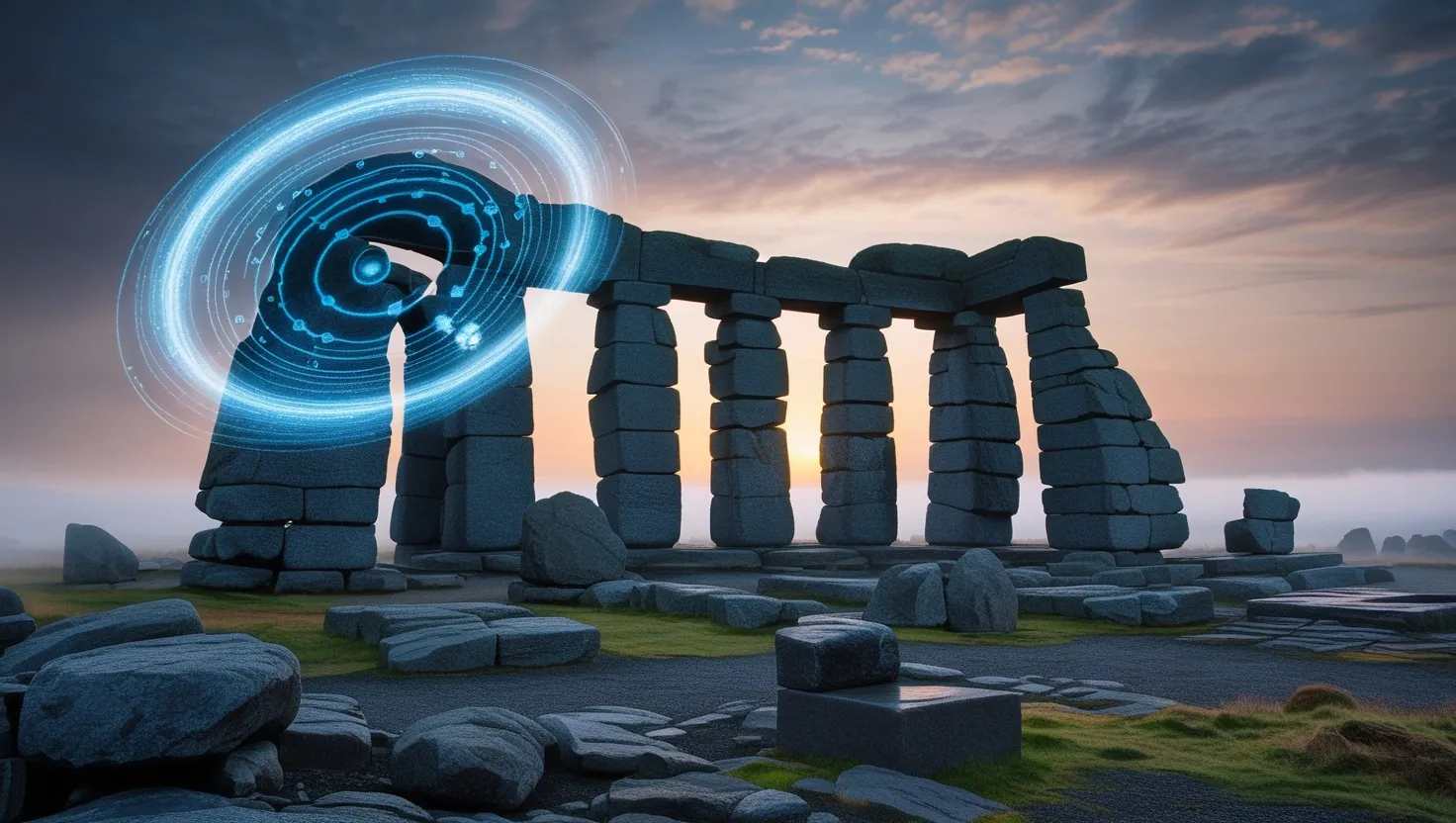Imagine a world where our collective thoughts and emotions could be shaping the very fabric of reality around us. This idea, though it may sound like the stuff of science fiction, is being explored by researchers at the intersection of quantum physics, sociology, and the study of consciousness. The concept suggests that our shared beliefs, feelings, and focus could be creating subtle but significant shifts in the physical world.
To understand this idea, let’s start with the basics of quantum physics. Quantum mechanics is a branch of physics that deals with the behavior of matter and energy at an atomic and subatomic level. Here, strange phenomena like quantum entanglement and superposition come into play. Entanglement, for instance, is when two or more particles become correlated in such a way that the state of one particle cannot be described independently of the others, even when they are separated by vast distances. This phenomenon has been experimentally verified and is a cornerstone of quantum theory.
Now, let’s bring this back to the human brain and consciousness. Some theories, such as the Orchestrated Objective Reduction (Orch-OR) theory proposed by Roger Penrose and Stuart Hameroff, suggest that consciousness arises from quantum processes within the brain. According to this theory, microtubules within neurons act as quantum computers, processing information through quantum entanglement and superposition. When these microtubules become “orchestrated,” they collapse the quantum wave function, giving rise to conscious experience.
But what if this quantum-like behavior isn’t confined to individual brains? What if our collective consciousness could also exhibit these properties? This is where the concept of collective consciousness comes in. Collective consciousness suggests that all human minds are interconnected at a fundamental level, much like entangled particles. This idea is supported by some studies in quantum cognition, which show that human perception and decision-making can reflect the principles of quantum superposition and entanglement.
For example, imagine a situation where a large group of people are presented with conflicting information or uncertain outcomes. Research has shown that their choices can become “entangled” in a way that reflects quantum principles. This means that the collective decision-making process can exhibit properties that are not easily explained by classical physics.
The concept of non-locality, a key feature of quantum entanglement, also plays a crucial role here. Non-locality suggests that objects or particles can affect each other without being physically close or connected. In the context of collective consciousness, this means that our individual thoughts and emotions could be influencing each other and the world around us in ways that transcend physical proximity.
This idea has parallels in Eastern philosophies, where consciousness is viewed as an interconnected whole rather than being confined to individual brains. It suggests that our thoughts and emotions might not only shape our individual experiences but could also influence the collective reality. If consciousness is non-local, as quantum theory suggests, then our thoughts might ripple out beyond ourselves, interacting with the collective consciousness and influencing the world at large.
Consider the phenomenon of mass movements or cultural trends that seem to arise from a collective zeitgeist. These events often appear to have a life of their own, spreading rapidly across populations without a clear central catalyst. Could it be that these movements are not just the result of social and economic factors but are also influenced by a collective quantum-like consciousness?
Researchers at institutions like the Allen Institute and Google Quantum AI are exploring the role quantum mechanics might play in shaping consciousness. They are using advanced techniques such as functional magnetic resonance imaging (fMRI) and electroencephalography (EEG) to study the correlations between quantum fluctuations in brain activity and conscious experience.
One of the most intriguing aspects of this research is the potential for understanding how we might consciously shape our shared reality. If our collective thoughts and emotions are indeed influencing the physical world, then it stands to reason that we could learn to harness this power. Practices like mindfulness, meditation, and visualization might help us tap into the deeper layers of collective consciousness, potentially enhancing our ability to influence both our individual realities and the broader world.
Imagine each of us as a drop of water in a vast ocean. While we maintain our individuality, our thoughts and emotions could be part of a larger shared consciousness that spans the globe and potentially beyond. This idea challenges the classical understanding of consciousness as isolated and confined to the brain, suggesting instead that we are all participants in a grand cosmic experiment, collectively dreaming our world into existence.
However, this concept is not without its critics. Some physicists argue against the central role of consciousness in quantum mechanics, proposing alternative theories like the many-worlds interpretation (MWI). According to MWI, every time a subatomic particle is confronted with options, the universe splits into multiple copies of itself, each with a different outcome. This theory avoids the need to award consciousness a central role but leaves us with a universe that is constantly splitting into gazillions of copies.
Despite these debates, the idea that our collective consciousness might be shaping reality on a quantum level remains a fascinating and thought-provoking concept. It invites us to question everything we thought we knew about the power of group think and its potential impact on the very nature of our reality.
In practical terms, understanding this effect could lead to new approaches in fields like psychology, sociology, and even politics. For instance, if collective consciousness can influence mass movements, then understanding how to tap into and direct this collective energy could be a powerful tool for social change.
As we delve deeper into this intriguing blend of quantum physics, sociology, and the power of thought, we begin to see the world in a different light. We are no longer isolated entities but rather participants in a shared web of consciousness that spans the globe. This realization can inspire greater empathy, compassion, and a sense of shared purpose.
So, are we unwitting participants in a grand cosmic experiment, collectively dreaming our world into existence? Or is this just another case of seeing patterns in the chaos of human society? The answer remains speculative, but one thing is clear: exploring this idea opens exciting possibilities for understanding the depths of the mind and its relationship with reality.
As we continue this journey into the mysteries of collective consciousness and its potential impact on reality, we are forced to confront the limits of our current understanding. But it is in these uncharted territories that the most profound discoveries often lie. By embracing the unknown and exploring the intersections of quantum physics and consciousness, we may uncover new ways to shape our shared reality and create a world that is more in tune with our collective aspirations.
